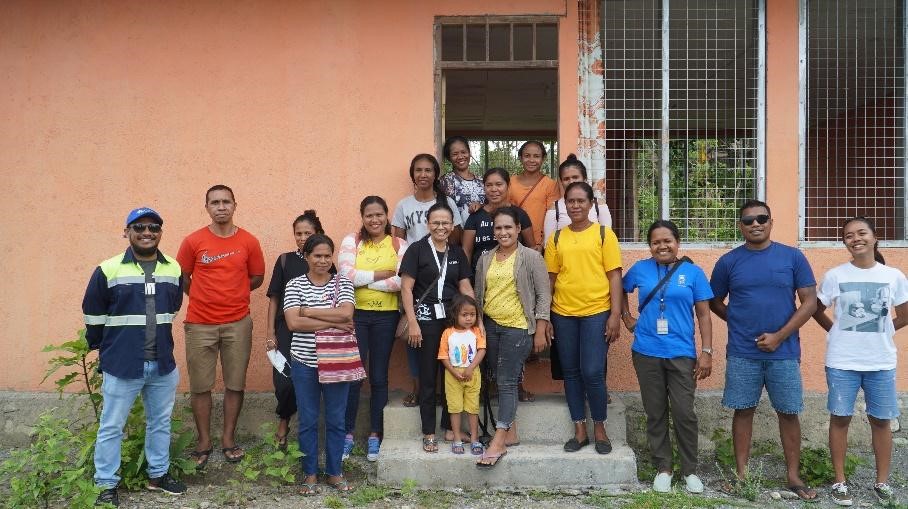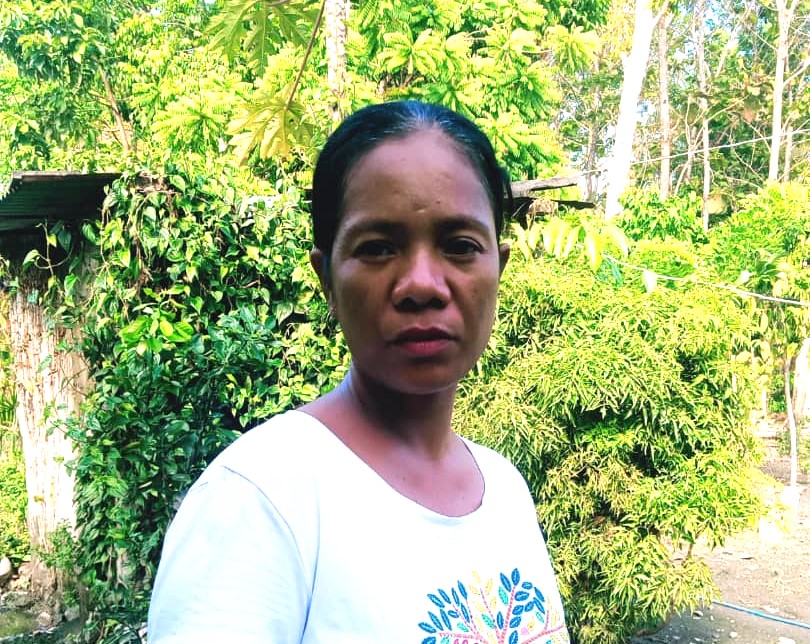In the picturesque coastal enclave of Natarbora in Timor-Leste’s Manatuto Municipality, the Tok-Derek Women’s Cooperative has emerged as a beacon of community empowerment. Supported by the Arafura and Timor Seas Ecosystem Action Phase II (ATSEA-2) Project and the UNDP Integrated Coastal Management (ICM) program, this success story is rooted in a transformative collaboration that addresses gender imbalances and champions economic sustainability in the fisheries sector.
First established in 2022, the Tok-Derek Women’s Cooperative was set up to facilitate the inclusion of women in decision-making processes. To this day, it remains more than just an economic entity; it stands as a symbol of strength, born from a singular community vision. In the past year, the ATSEA-2 Project has helped bring this vision into focus, as part of wider plans to support gender equality and women’s economic empowerment in Timor-Leste.
Fulfilling economic potential

The original concept for the Tok-Derek Women’s Cooperative came from a series of training sessions hosted by ATSEA-2, which helped local women develop the skills they needed to cultivate, catch and sell fish more effectively. The ATSEA-2 Project, working in collaboration with relevant ministries and experts, provided capacity-building instruction in skills such as financial analysis, accounting, cooperative management and fish feed practices.
The Tok-Derek Women’s Cooperative serves a dual purpose — fostering financial ingenuity and enhancing community strength. Functioning as a microcredit entity, it provides financial means for sustainable agricultural and fisheries activities, enriching the broader coastal economic system, with a community of women at its heart.
Maria da Gloria Mendes is the group’s coordinator. She believes this sense of community is central to success. “We’re not just creating a cooperative,” she explains. Membership of the cooperative can only be achieved through capacity-building activities and training – a process that helps bind the community together in a shared journey. As Maria sees it, “we’re fostering a community that thrives together – financial empowerment is the key to unlocking our potential.”
Overcoming challenges, building collaborations

This journey has already seen a few bumps in the road. But despite legal registration issues and member participation concerns, Tok-Derek remain undeterred. According to Maria, “every challenge is an opportunity for growth. We’re actively working on legal registration, and we emphasise open communication to overcome barriers.”
The ATSEA-2 Project has been helping to smooth the pathway forwards, working in collaboration with the NGO NETIL to help secure legal recognition from the Ministry of Justice. This has already resulted in a certificate signed by the former Director General for Fisheries, Aquaculture and Marine Resources, along with the Manatuto Administrator; following this establishment, the Tok-Derek cooperative will be required to undergo registration with the Ministry of Justice to finalise the legalisation process.
Collaborative efforts between the ATSEA-2 Project, NGO Netil and local authorities have played a pivotal role in supporting women’s cooperatives in Timor-Leste. Together, they have provided essential capacity-building initiatives; established fish shops, women’s cooperatives centres and fishponds; and advocated for legal certification – all of which has helped create an enabling environment for the group’s economic activities.
From family to community: a range of positive impacts
Members of the cooperative can earn a profit from the fish shop, which contributes to the financial well-being of its members. The success of the shop has created a ripple effect, whereby job creation and increased economic activity have further enhanced the overall prosperity of the community.
Looking ahead, members of Tok-Derek are determined to empower more women and bring economic sustainability to other local families. “We’re not just stopping here,” says Maria. “Tok-Derek is a movement, and our future involves empowering more women and diversifying our impact.”
The success of the Tok-Derek Women’s Cooperative is a testament to the transformative impact of a shared vision and collaborative endeavours. Through collaboration and perseverance, this journey has united a community and led them on a path to independence and prosperity.
By Dominica Paula Jeronimo Guterres


